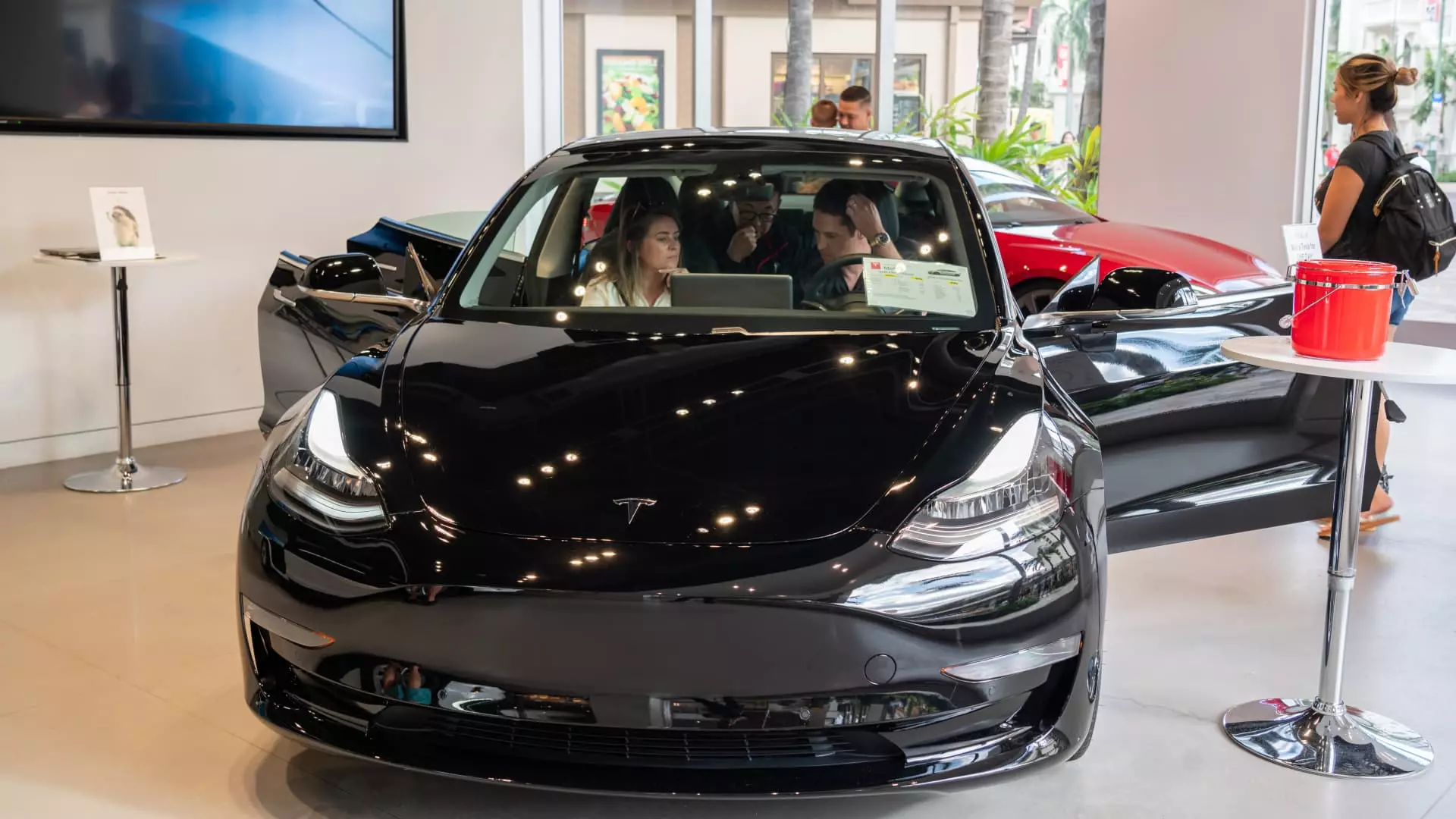While the shift to all-electric vehicles in the United States has been slower than expected, Hawaii has emerged as a key player in the adoption of electric vehicles. According to J.D. Power, Hawaii ranks fifth in overall EV adoption at 11.9% of new retail vehicles sold through February this year. Additionally, Hawaii takes the third spot in J.D. Power’s “EV Adoption Score,” scoring 33.8, behind only California and Washington. This data highlights Hawaii’s significant progress in transitioning to electric vehicles, despite its smaller market size compared to other states.
Several factors contribute to Hawaii’s success in electric vehicle adoption. High fuel costs and the availability of renewable energy for charging are major influences on consumers’ decisions to opt for EVs in Hawaii. Also, cultural values play a role in this shift, as Hawaiian residents have a strong sense of responsibility towards stewarding the land, leading to a higher adoption rate of sustainable transportation options.
Moreover, Hawaii’s popularity for hybrid models, with a 19% market share in 2023, has paved the way for a seamless transition to electric vehicles. Unlike some mainland states, road trip concerns are not a significant issue in Hawaii due to the geographical restrictions of living on an island. Therefore, the convenience and practicality of EVs become more apparent to consumers in Hawaii.
Gasoline prices also play a crucial role in driving the adoption of electric vehicles in Hawaii. With an average price of $4.72 per gallon, Hawaii ranks as the second-highest state in the U.S., following California. This significant price difference compared to the national average of $3.62 per gallon incentivizes consumers in Hawaii to seek alternative, more cost-effective transportation solutions like electric vehicles.
The top-selling EVs in Hawaii include the Tesla Model Y, Tesla Model 3, and Ford F-150 Lightning, reflecting consumers’ growing interest in sustainable and efficient vehicles. Owners of electric vehicles in Hawaii, such as Scott Sageman, express satisfaction with their choice, emphasizing the convenience of no longer needing to purchase gasoline.
Despite Hawaii’s progress in electric vehicle adoption, challenges remain, similar to those faced by other states. The lack of charging infrastructure, affordability issues, and limited vehicle options present hurdles to further accelerate the adoption of EVs in Hawaii. The state also grapples with providing a diverse range of electric vehicles to cater to different consumer preferences.
However, initiatives such as introducing Kia’s new EV9 SUV and promoting affordable electric models like the Niro demonstrate a positive outlook for the future of electric vehicles in Hawaii. Dealers like Aloha Kia are witnessing increasing customer interest in EVs, indicating a shift towards more sustainable transportation choices.
While Hawaii leads the way in electric vehicle adoption when compared to some mainland states, there is still room for growth and improvement. Solutions to challenges such as expanding charging infrastructure, enhancing affordability, and diversifying vehicle choices are essential to further accelerate the adoption of EVs in Hawaii.
As the EV market continues to evolve, Hawaii’s unique factors, including cultural values, environmental consciousness, and economic considerations, will shape the future of sustainable transportation in the state. By addressing current challenges and seizing opportunities for growth, Hawaii is well-positioned to continue setting an example for electric vehicle adoption in the U.S. and beyond.

Leave a Reply